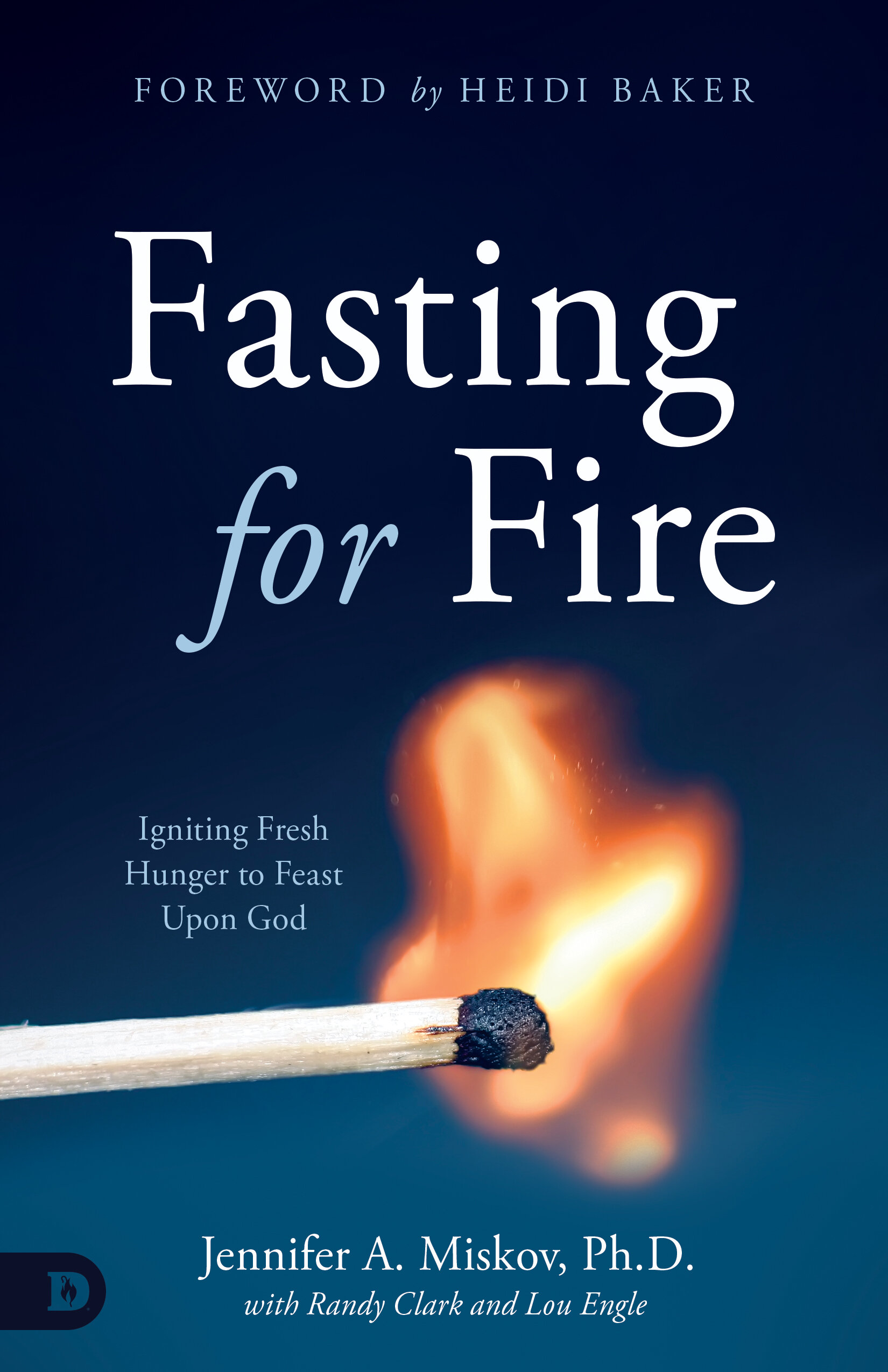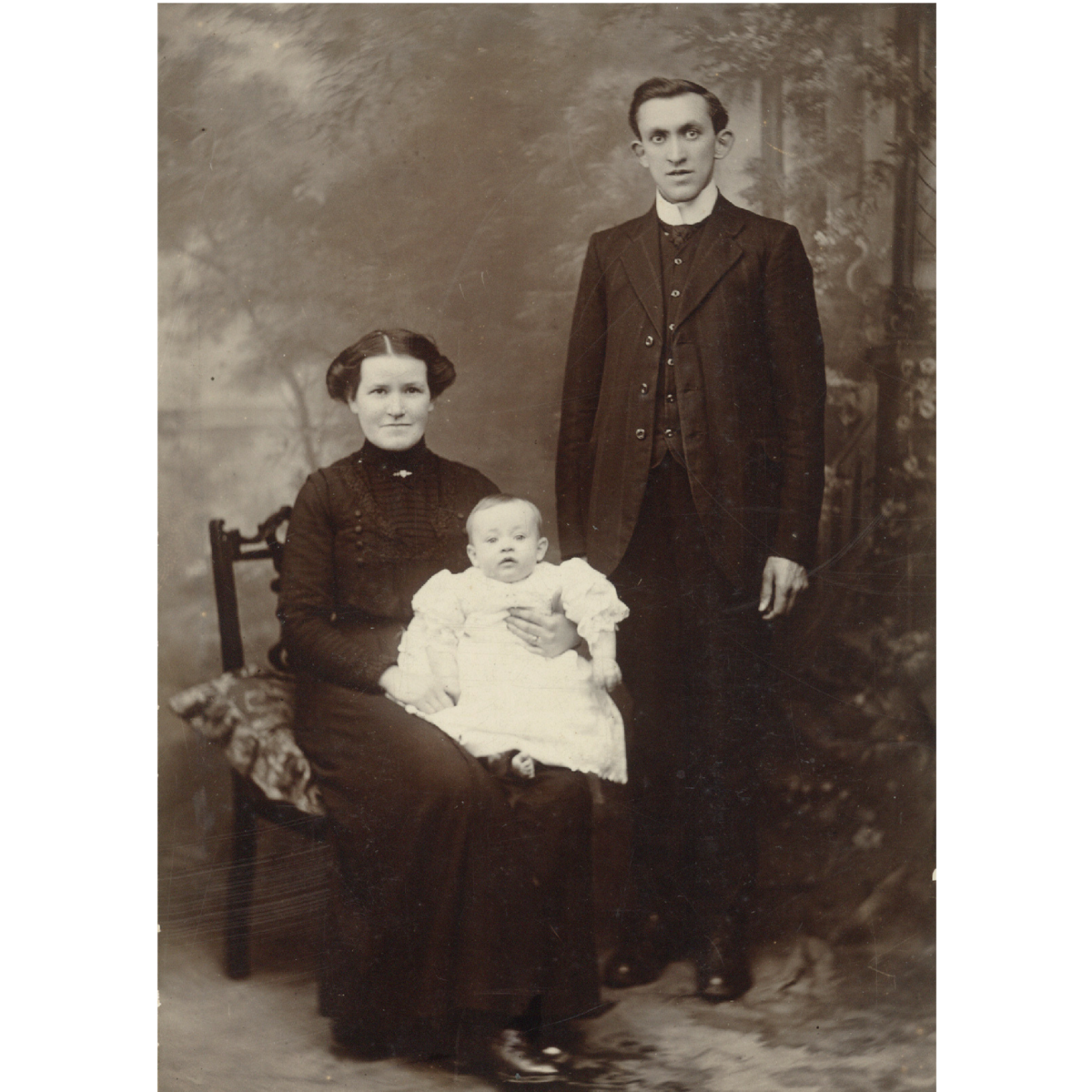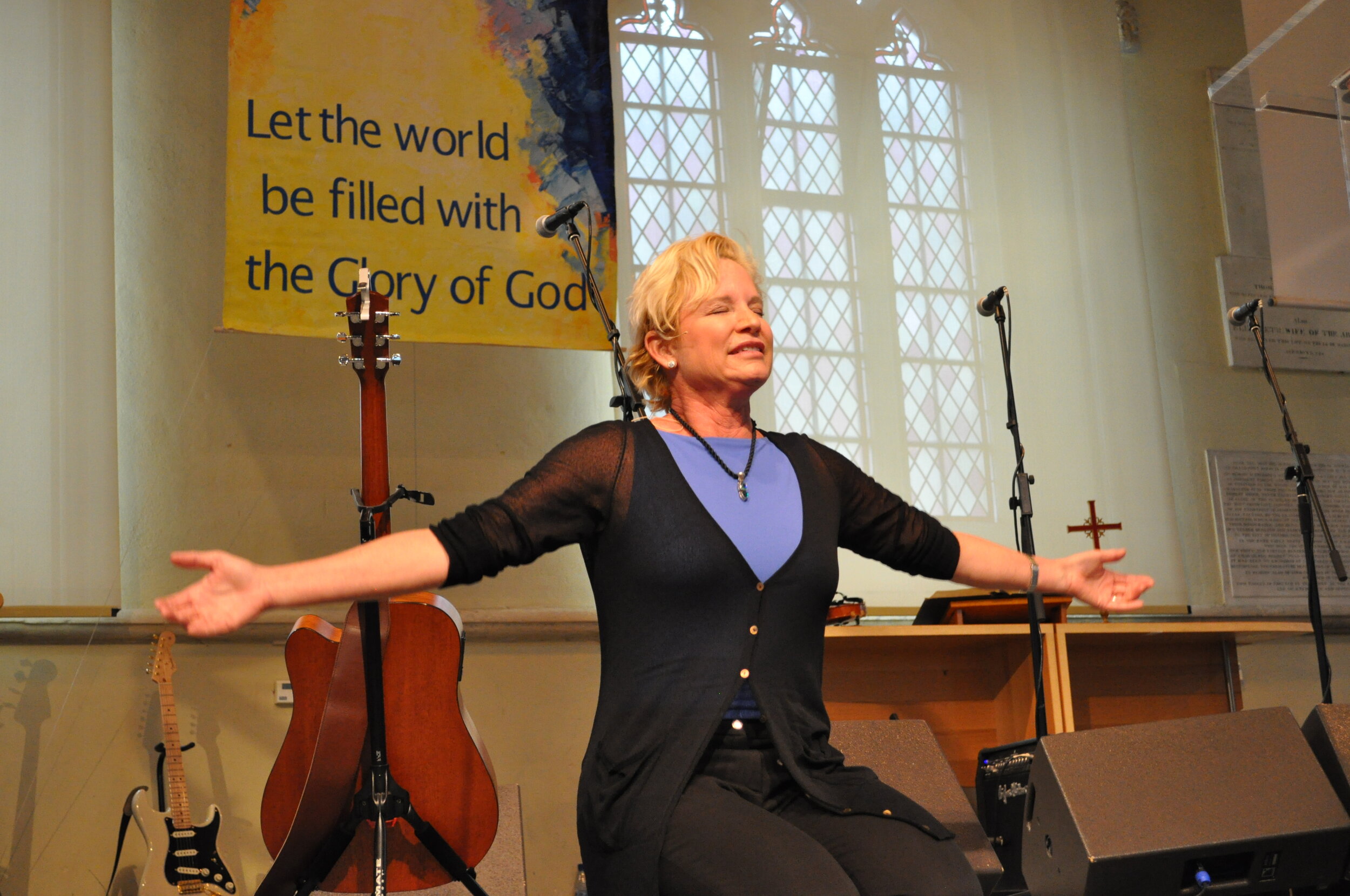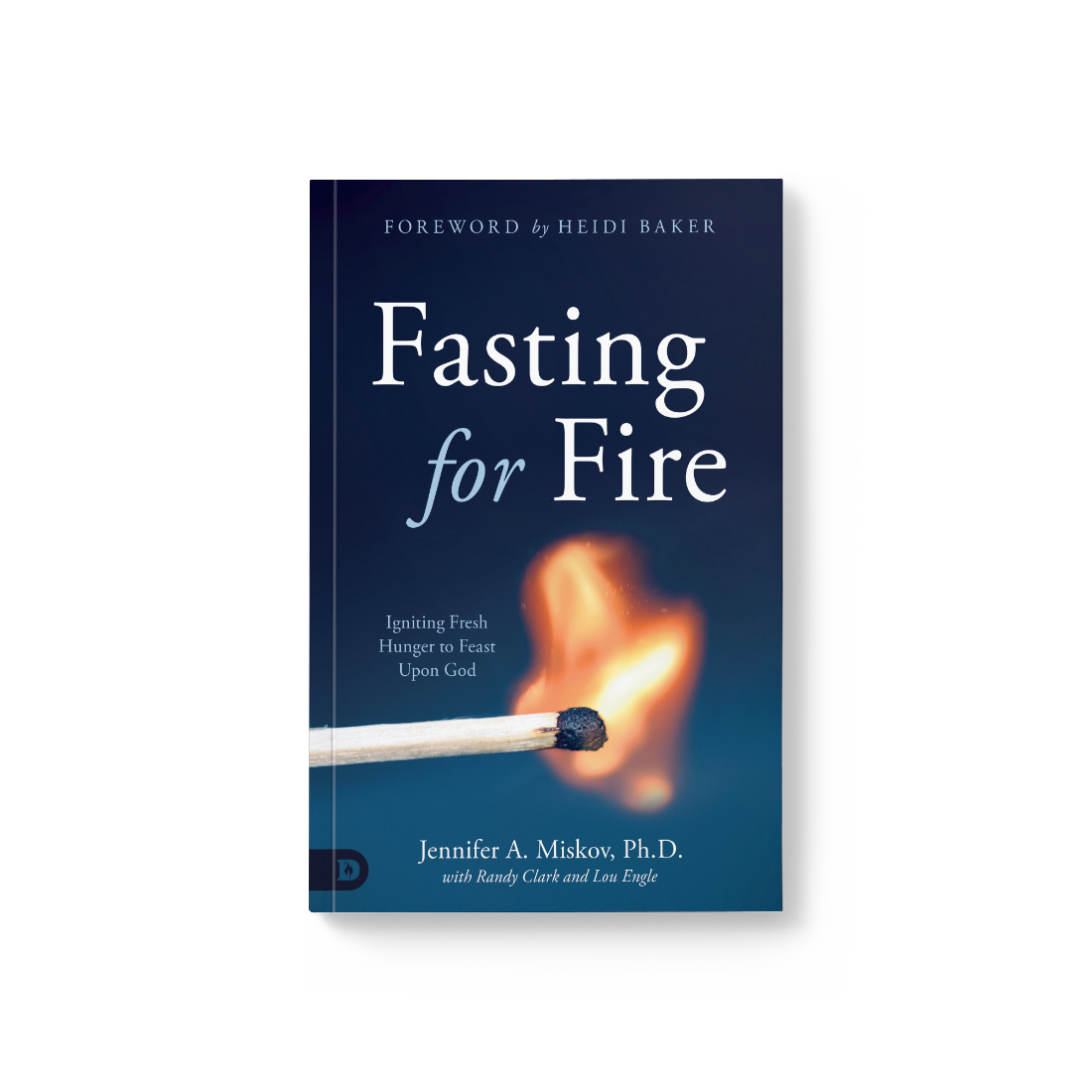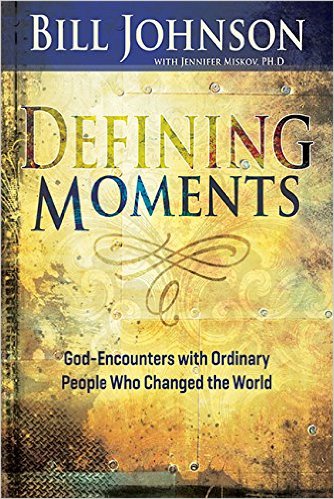Revival Series Part 1
by Jennifer A. Miskov, Ph.D. Revival Historian
*This was written before the 2020 lockdown and recent Asbury Revival outbreaks and is now a chapter in my book Sustain the Flame: Secrets to Living Saturated in God’s Presence and Holy Fire.
We hear the word “Revival” thrown around a lot these days, but what really is revival? In part one of these series, we will lay the framework for defining this term before going deeper into the realities that revival is only just the beginning and starting point, not the end all.
Semantics
Looking purely at semantics and the Scriptures to begin with, the term “revive” is used 23 times in the Old Testament in the New King James Version. It comes from the Hebrew word חָיָה châyâh which means “to live, to revive, to keep, leave, or make alive, to give life, quicken, recover, repair, restore to life, save, be whole.”[i] Notice the essence of staying alive once someone has been revived.
The first time the word revive is used in the Bible is in Genesis 45:27 when Jacob, who already grieved the loss of his son Joseph whom he thought was dead, realized that he was alive. It was then that his spirit was revived.[ii] In 1 Kings 17:22, the word goes beyond reviving hope of one’s spirit to mean resurrecting a physical human life. Here we see that Elijah prayed for a dead child who was brought back to life.[iii] Then in 2 Kings 13:21, the word was again used to describe one who was physically dead returning back to life when his body was thrown in Elisha’s grave.[iv]
The word revive is used the most in Psalms at 14 times and especially throughout Psalm 119. The Psalmist cries out for God to revive him according to His Word, His lovingkindness, His justice, and even His judgments. He also asks God to revive him in His way and His righteousness. There is also a turning back to God, deliverance from great troubles, and a hunger to be revived so that God’s people may rejoice in Him once again.[v]
In Isaiah, we discover a God who revives the spirit of the humble and the heart of the contrite ones. In Habakkuk, there is a desire for God to revive and make known His works of old once again.[vi] And don’t forget the revivals that happened under Kings Asa, Hezekiah, and Josiah along with many other personal revivals that took place in people’s lives throughout Scripture.
In the New Testament, in all other translations included, nowhere was there an equivalent of this word used. This could possibly be because the church in the New Testament didn’t need revival because they were already fully alive and living it. Persecution many times proves to help along these lines of staying burning hot in our love for Christ.
Etymology
When we look deeper into the etymology of how this word has developed over the centuries, we see that roots for revive come from the Old French word revivre (10c.) and directly from the Latin word revivere which is translated “to live again.”[vii] By the 1560s, the word revive had the sense of “returning to a flourishing state” or of feelings or activities “beginning to occur again.”[viii] In the 1650s, revival meant the “act of reviving after decline or discontinuance.” At the essence of the word, revival is the call to live again.[ix] What has since died and been forgotten, needs to become awakened once again.
In the 1660s there was a unique take on this term as it was used for “the bringing back to the stage of a play which has not been presented for a considerable time.”[x] Might it be time for an encore in the platform of Christianity to welcome the Holy Spirit back to take center stage once again? In the early 1700s, it is believed that New England Puritan pastor Cotton Mather was one of the firsts to connect this term to religion. In one of his writings in 1702, he connected the term revival with religious awakening in the community.[xi] By 1818, the term revival was used to describe “enthusiastic religious meetings (often by Methodists) meant to inspire revival.” A few years before this in 1812, the term Revivalist was being used as “one who promotes or leads a religious revival.”[xii]
Exploring Paradigms for Religious Revival
Moving beyond semantics now into the study of revival history, there are various perspectives on religious revivals by both practioners and revival historians. For some, revival only happens within the church, and for others, it’s when the world is awakened to Christ as well. Some see revival as something that we should be living in every second of the day while others see it as episodic moves of God.[xiii] Some see it coming as a result of prayer while others see it only as a sovereign act of God. While there could be a whole separate book on this subject alone, I present a small snapshot of a few of the varying perspectives below.[xiv]
Charles G. Finney (1792-1875), known as the father of modern revivalism, believed that we very much play a role in awakening the church and bringing sinners to repentance as led by God. He saw a need for revival to happen periodically to wake up the church because it so regularly became stagnant. He saw revival as “nothing else than a new beginning of obedience to God.”[xv] He compared revival to a crop of wheat and emphasized that God uses means to cultivate both. Finney believed that if the fire was kept burning in the church, there would have been no need for revival, but unfortunately, he saw that was rarely the case.[xvi] About revival, he wrote:
I AM TO SHOW WHAT A REVIVAL IS. It is the renewal of the first love of Christians, resulting in the awakening and conversion of sinners to God. In the popular sense, a revival of religion in a community is the arousing, quickening, and reclaiming of the more or less backslidden church and the more or less general awakening of all classes, and insuring attention to the claims of God.
It presupposes that the church is sunk down in a backslidden state, and a revival consists in the return of a church from her backslidings, and in the conversion of sinners.[xvii]
Martin Lloyd-Jones described revival as “the outpouring of the Spirit over and above his usual, ordinary work; this amazing, unusual, extraordinary thing, which God in his sovereignty and infinite grace has done to the Church from time to time during the long centuries of her history.” [xviii] Christmas Evans (1766-1838), an influential one-eyed Welsh Baptist preacher said that “Revival is God bending down to the dying embers of a fire that is just about to go out, and breathing into it, until it bursts again into flame.” Duncan Campbell of the Hebrides Revival said that “Revival is a community saturated with God.”[xix]
In his study on Pentecostalism in The Everlasting Gospel, William Faulpel sees revival as having a seven-stage process: conception, gestation, labor, birth, growth, reproduction, and maturity.[xx] He compares it to the life cycle paralleling the birth of a new baby. Mark Stibbe from the U.K. defines revival as “a season ordained by God in which the Holy Spirit awakens the Church to evangelise the lost, and the lost to their dire need of Jesus Christ.”[xxi] He distinguishes renewal as confined to the Church while revival as something that reaches beyond the church and into the world.[xxii] He likens renewal to a stream and revival to that same river becoming a “flood that disturbs boulders and overflows banks.”[xxiii]
Like Stibbe, I would also say there are special seasons, windows of opportunity, or kairos moments, where the Spirit is at work to awaken and revive the Church.[xxiv] At the turn of the twentieth century, revivals were springing up all around the world in this sacred and set apart kairos season of time.[xxv] Revival broke out in Wales in 1904-05, in India in 1905, and then in Los Angeles in 1906 at Azusa Street amongst other worldwide moves near the same time. The early twentieth century was pregnant with revival. There was something anointed, set apart, and special about that kairos moment that these saints were able to recognize and tap into. The result was revival that is still impacting us over a hundred years later.
Defining Revival
As we seek to define revival here, I would say that revival is when the fire of first love for Jesus is re-ignited in the hearts of believers. As a result, their lives are transformed, and the kingdom of God is expanded all around them in various ways that impact, shape, and reform culture and society.
Revival is for Christians whose fire has waned. If someone has never encountered God’s love for themselves, they can’t necessarily be re-awakened to it. It is only when the fire of first love has been snuffed out that one needs revival. Once that original flame is re-ignited, the awakened ones naturally influence those around them, and many times others are brought to salvation as a result.
Ultimately, revival is becoming fully alive to Jesus again. And it’s important to understand that revival is not the end goal. It is only just the beginning.
P.S. Before you completely disagree with me, wait to read Part 2 of this series “Revival is Just the Beginning.” Both of these pieces have been written before the 2020 lockdown and recent Asbury Revival outbreaks and are featured in chapters of my new Sustain the Flame: Secrets to Living Saturated in God’s Presence and Holy Fire. See Sustain the Flame ecourse for a whole teaching on the topic of what revival is and how to steward it.
NOTES
[i] Strong's H2421 https://www.blueletterbible.org/lexicon/h2421/nkjv/wlc/0-1/ “to live, whether literally or figuratively; causatively, to revive:—keep (leave, make) alive, certainly, give (promise) life, (let, suffer to) live, nourish up, preserve (alive), quicken, recover, repair, restore (to life), revive, (God) save (alive, life, lives), surely, be whole.”
[ii] “But when they told him all the words which Joseph had said to them, and when he saw the carts which Joseph had sent to carry him, the spirit of Jacob their father revived.” –Genesis 45:27 (NKJV)
[iii] “Then the LORD heard the voice of Elijah; and the soul of the child came back to him, and he revived.” –1 Kings 17:22 (NKJV)
[iv] “So it was, as they were burying a man, that suddenly they spied a band of raiders; and they put the man in the tomb of Elisha; and when the man was let down and touched the bones of Elisha, he revived and stood on his feet.” –2 Kings 13:21.
[v] Psalm 71:20 is a call to be delivered from great troubles.Psalm 80:18 is a reviving in order to turn back to God.
Psalm 85:6 says, “Will You not revive us again, That Your people may rejoice in You?” There is purpose to praise in the reviving work. We see in Psalm 119:25,107, 154 that one can be revived according to His word: “Revive me according to Your word (119:25).” Psalm 119:37 we can be revived in His way: “Turn away my eyes from looking at worthless things, And revive me in Your way.” Psalm 119:40 we can be revived in His righteousness: “Behold, I long for Your precepts; Revive me in Your righteousness.” Psalm 119:88 and 159 we can be revived according to His lovingkindness: “Revive me according to Your lovingkindness, So that I may keep the testimony of Your mouth.” In Psalm 119:149, we can be revived according to His justice: “Hear my voice according to Your lovingkindness; O LORD, revive me according to Your justice.” Psalm 119:156 we can be revived according to His judgments. “Great are Your tender mercies, O LORD; Revive me according to Your judgments.” Psalm 138:7 when in trouble we can be revived: “Though I walk in the midst of trouble, You will revive me; You will stretch out Your hand. Against the wrath of my enemies, And Your right hand will save me.” Psalm 143:11 we can be revived for His name’s sake: “Revive me, O LORD, for Your name's sake! For Your righteousness' sake bring my soul out of trouble.”
[vi] Isaiah 57:15 (NKJV) says, “For thus says the High and Lofty One, Who inhabits eternity, whose name is Holy: “I dwell in the high and holy place, With him who has a contrite and humble spirit, To revive the spirit of the humble, And to revive the heart of the contrite ones.” And then in Habakkuk 3:2, “O LORD, I have heard Your speech and was afraid; O LORD, revive Your work in the midst of the years! In the midst of the years make it known; In wrath remember mercy.”
[vii] https://www.etymonline.com/word/revival
[viii] https://www.etymonline.com/word/revival
[ix] According to the Merriam-Webster Dictionary, the word revival can mean: “1: an act or instance of reviving: the state of being revived: such as a: renewed attention to or interest in something b: a new presentation or publication of something old c (1): a period of renewed religious interest (2): an often highly emotional evangelistic meeting or series of meetings 2: restoration of force, validity, or effect (as to a contract).”
https://www.merriam-webster.com/dictionary/revival Accessed December 11, 2022
[x] https://www.merriam-webster.com/dictionary/revival
[xi] Collin Hansen and John Woodbridge, A God-Sized Vision: Revival Stories that Stretch and Stir (Grand Rapids, MI: Zondervan, 2010), 31.
[xii] https://www.etymonline.com/word/revival
[xiii] Roger Finke and Rodney Stark, The Churching of America 1776-1990: Winners and Losers in Our Religious Economy (New Brunswick: Rutgers University Press, 1992), 92. According to Roger Finke and Rodney Starke, while “all organizations need renewals or revivals of member commitment, it is also true that these must be episodic. People can’t stay excited indefinitely.” Most people don’t have the capacity to remain in a heightened state of being revived.
[xiv] Prayer, surrender, consecration, and repentance many times precede personal and corporate revival. In all my research on revival up to this point (over two decades), I have noticed that hunger was the one constant that drew people to seek more of God in desperation, which resulted in revival. Prayer seems to regularly play a pivotal role in this. It’s not ours to determine how God will move, but it is ours to prepare, position, partner, pray, and invite Him to move in and through us as agents of revival. We must be a people who step out in faith to reach the lost as if their salvation depended upon us. We must be a people who immediately respond to the leading of the Holy Spirit and allow Him to use our lives however He wishes because we are motived by love for Jesus.
[xv] Charles Grandison Finney (1835). Lectures on Revivals of Religion p.14
[xvi] “There is so little principle in the church, so little firmness and stability of purpose, that unless the religious feelings are awakened and kept excited, counter worldly feeling and excitement will prevail, and men will not obey God. They have so little knowledge, and their principles are so weak, that unless they are excited, they will go back from the path of duty, and do nothing to promote the glory of God. The state of the world is still such, and probably will be till the millennium is fully come, that religion must be mainly promoted by means of revivals. How long and how often has the experiment been tried, to bring the church to act steadily for God, without these periodical excitements. Many good men have supposed, and still suppose, that the best way to promote religion, is to go along uniformly, and gather in the ungodly gradually, and without excitement. But however sound such reasoning may appear in the abstract, facts demonstrate its futility. If the church were far enough advanced in knowledge, and had stability of principle enough to keep awake, such a course would do; but the church is so little enlightened, and there are so many counteracting causes, that she will not go steadily to work without a special interest being awakened.
As the millennium advances, it is probable that these periodical excitements will be unknown. Then the church will be enlightened, and the counteracting causes removed, and the entire church will be in a state of habitual and steady obedience to God.”
Charles G. Finney, Lectures of Revivals on Religion (New York, NY: Fleming H. Revell Company, 1868), 9
https://www.ccel.org/ccel/f/finney/revivals/cache/revivals.pdf
[xvii] Charles G. Finney, Lectures of Revivals on Religion (New York, NY: Fleming H. Revell Company, 1868), 12
https://www.ccel.org/ccel/f/finney/revivals/cache/revivals.pdf
[xviii] Martin Lloyd-Jones, Revival (Wheaton, Ill: Crossway, 1987), 199 in Collin Hansen and John Woodbridge, A God-Sized Vision: Revival Stories that Stretch and Stir (Grand Rapids, MI: Zondervan, 2010), 35.
[xix] Duncan Campbell, The Lewis Awakening, p. 14-15
[xx] William Faupel, The Everlasting Gospel: The Significance of Eschatology in the Development of Pentecostal Thought. Journal of Pentecostal Theology Supplement Series, ed. John Christopher Thomas, Rickie D. Moore, and Steven J. Land, vol. 10. (Sheffield: Sheffield Academic Press, 1996).
[xxi] Mark Stibbe, Revival,The Thinking Clear Series, ed. Clive Calver (London: Monarch Books, 1998), 14, 223.
[xxii] Mark Stibbe, Revival,The Thinking Clear Series, ed. Clive Calver (London: Monarch Books, 1998), 17.
[xxiii] Mark Stibbe, Revival,The Thinking Clear Series, ed. Clive Calver (London: Monarch Books, 1998), 49.
[xxiv] Jennifer A. Miskov, “Coloring Outside the Lines: Pentecostal Parallels with Expressionism. The Work of the Spirit in Place, Time, and Secular Society?”, Journal of Pentecostal Theology 19 (2010), 94-117.
[xxv] Additionally, I introduce “sacred time” into this discussion as a “special season when revivals, awakenings, and stirrings of the Holy Spirit are concentrated and occur in higher frequency than in other times… when people all around the world experience heightened manifestations of God’s presence” at the same time. Jennifer A. Miskov, “Coloring Outside the Lines: Pentecostal Parallels with Expressionism. The Work of the Spirit in Place, Time, and Secular Society?”, Journal of Pentecostal Theology 19 (2010), 115.







